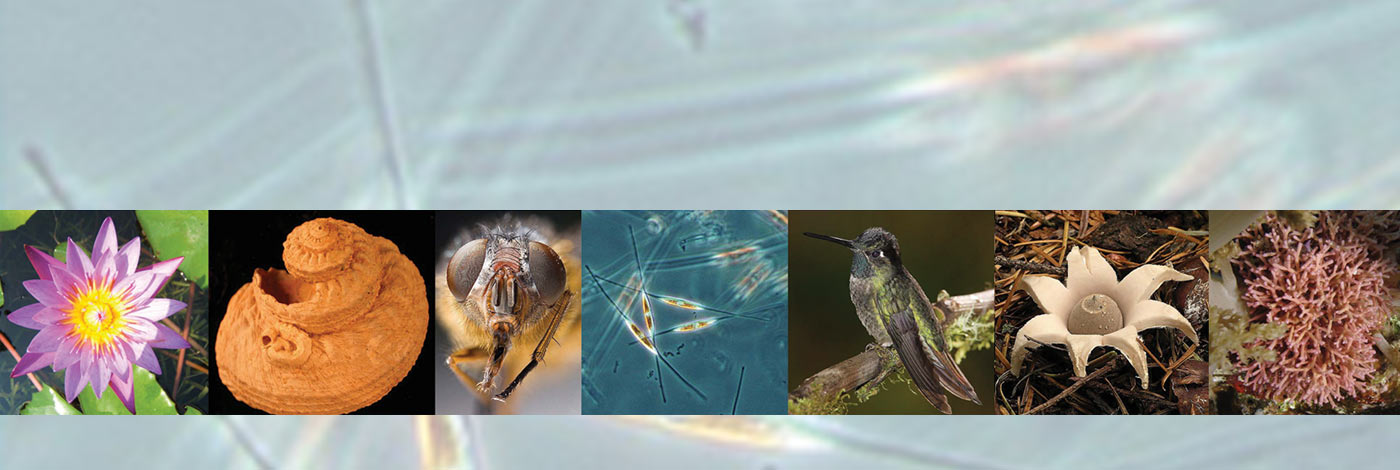

 European Journal of Taxonomy
2017 (288) - Pages 1-21 (EJT-288)
European Journal of Taxonomy
2017 (288) - Pages 1-21 (EJT-288)In shelled molluscs, assigning valid species names to independent evolutionary lineages can be a difficult task. Most original descriptions are based on empty shells and the high levels of variation in shape, color and pattern in some groups can make the shell a poor proxy for species-level identification. The deep-sea gastropod turbinid genus Bolma is one such example, where species-level identification based on shell characters alone is challenging. Here, we show that in Bolma both traditional and molecular taxonomic treatments are associated with a number of pitfalls that can lead to biased inferences about species diversity. Challenges derive from the few phylogenetically informative characters of shells, insufficient information provided in original descriptions and sampling artefacts, which at the molecular level in spatially fragmented organisms can blur distinctions between genetically divergent populations and separate species. Based on a comprehensive dataset combining molecular, morphological and distributional data, this study identified several cases of shell-morphological plasticity and convergence. Results also suggest that what was thought to be a set of distinct, range-restricted species corresponds instead to a smaller number of more widespread species. Overall, using an appropriate sampling design, including type localities, allowed us to assign available names to evolutionarily significant units.
Turbinidae, cox1, 28S, deep-sea environments, molecular systematics.